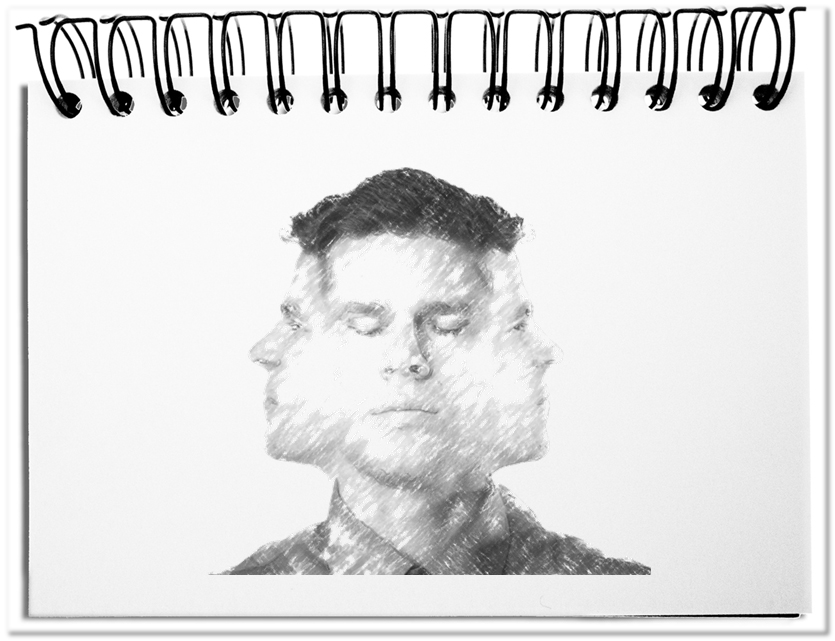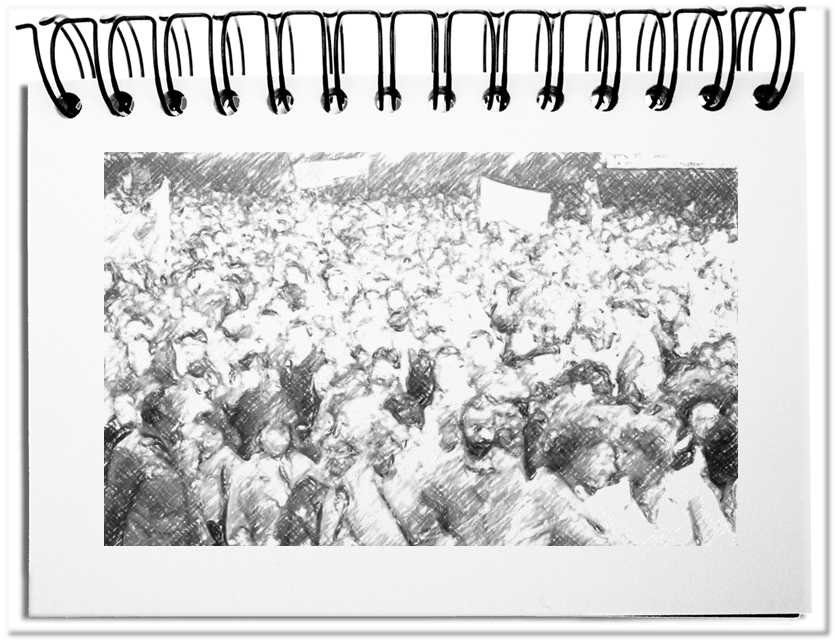The urge of further improving the economics brings the staff members, above all, more tasks, which have less available time for execution. This results in pressure that produces physical and mental damages. Subsequently the ability gets lost to be simply attentive at any time.
The current situation is determined by the own mental state and the mood of the partners. In order to use the various perspectives, one has to take time to make oneself aware of the different points of view. This is valid for the own convictions, opinions and experiences, but also for trying to understand the mental world of other people and groups.
Experienced reflections that will be ever easier over time become possible through a set of smart questions. The following aspects enable the dispute with yourself and putting oneself in the position of others.
- Context
A situation always happens in a certain environment. At which times (when), in which environment (where), with whom (who), by using (by what), with which emphasis (why) and for which purpose (what for), happens something (what)? Only the procedures that take place in the context should be considered. All others should be excluded. - Influence
In a situation various interests collide. For this reason you should limit yourself to the circumstances that you can influence. Which components of the context are important (which) and can be affected by yourself or by others (who)? Only the facts that can be influenced make a difference. - Procedure
The event is defined by the acts that proceed in a certain order. What triggers the situation (Cause), which steps take place in which order (Sequence) and what results from the situation (Outcome)? The procedure provides the individual causes and effects that result eventually in the outcomes. - Perception
Our perception is limited by the own horizon. One way to overcome this restriction is the consideration of all senses. What can be seen (visually)? What can be heard (auditory)? How does it feel like (kinesthetic)? What can be smelled (olfactory)? What can be tasted (gustatory)? Through the consideration of the different sensory stimuli you receive a comprehensive impression of the circumstances. - Core
The insights that one connects with the circumstances, make the core of the conditions more concrete. What does one learn from the situation (Insights) that is useful (Advantages) or harms (Disadvantages) oneself? The point of view is extended by the consciously made pros and cons and minimizes unintentional effects. - Concernment
The unconscious influences become visible by looking at the own convictions. Which values will become injured and which negative attitudes are confirmed by the situation? The recognition of the intuitive influences de-emotionalizes the evaluation of the situation.
If you look at the six aspects from the own perspective or with the eyes of others, you can receive a comprehensive overview of a situation at any time.
Bottom line: In order to be simply attentive, it is important to recognize and to examine with the above questions the involved points of view. Thus one gets away from the naturally subjective perception of the conditions and gets a clearer basis for effective discourses.


